Stop or you’re next: Israel tells Hezbollah militants
Escalating exchanges of fire across the border between Israel and Lebanon are threatening to spiral into a broader regional war.
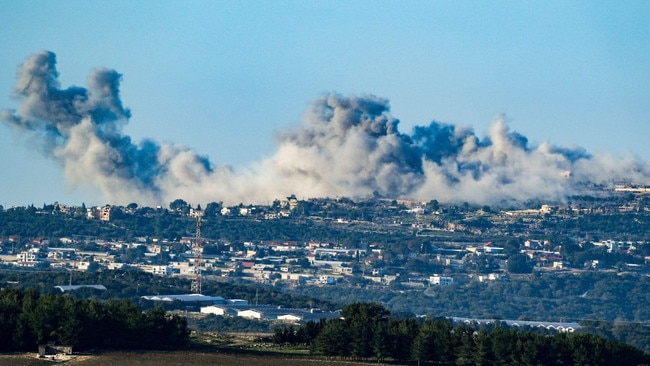
Escalating exchanges of fire across the border between Israel and Lebanon are threatening to spiral into a broader regional war as Iranian proxies take advantage of the Gaza conflict to attack Israel from multiple directions.
Hezbollah has launched scores of missiles across Israel’s northern border in recent days, part of a series of attacks against Israeli and American targets on seven fronts across the Middle East by Iranian-backed militias.
On Boxing Day Israel suffered the largest daily rocket barrage from Lebanon since the war against Hamas began on October 7. Missiles struck a Greek Orthodox Church in northern Israel, injuring two people.
Congregation member Shadi Khaloul said: “Hezbollah is sending a message to the Christians of the world and of Lebanon to sit aside quietly while this war goes on. They don’t differentiate between religions – we are all Israelis in Hezbollah’s eyes.”
The same day US forces destroyed drones and missiles fired by Iranian-backed Houthi rebels based in Yemen, and Iranian-backed groups launched a drone attack on the US airbase in Arbil in Iraqi Kurdistan, injuring three American personnel. During funeral prayers on Thursday for a senior Iranian military commander killed in an airstrike near Damascus, Iran’s Islamic Revolutionary Guard Corps vowed that Israel would be made to pay by the “Axis of Resistance”, its name for the constellation of proxies it manages across the region.
Israeli Defence Minister Yoav Gallant said the country had been attacked from “seven arenas”: Gaza, the West Bank, Lebanon, Syria, Iraq, Yemen and Iran. However, it is the attacks launched by Hezbollah from across the Lebanese border that have ignited the most concern in Israel.
Israel has been pushing for Hezbollah to withdraw north of the Litani River, about 32km north of the Lebanese border, in line with a UN resolution at the end of the last full-blown conflict, in 2006.
“We are now at a fork in the road. Either Hezbollah backs off from the Israeli border, in line with UN Resolution 1701, or we will push it away,” an Israeli government spokesman said.
After the October 7 attacks Hamas tried to pull in militant groups across the region to start a war that would return the Palestinian cause to the centre of Middle East politics. When Israel struck back, vowing to destroy Hamas, Hezbollah did not immediately join the fight. But attacks across the border have since intensified.
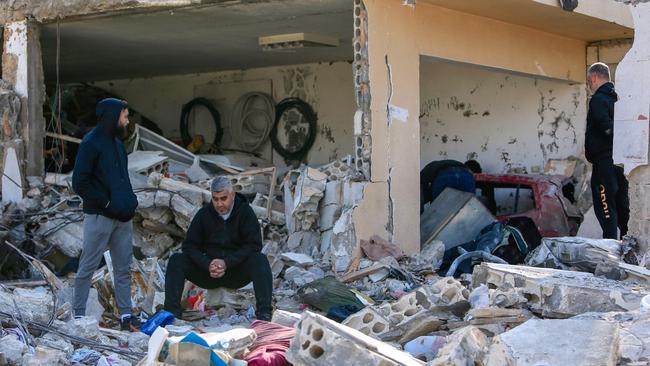
Washington has repeatedly warned Israel of the dangers of another front in the war opening up, prompting it to send carrier groups and extra missile systems to the region to deter further aggression from Iranian proxies.
Benny Gantz, the former general and political rival to Prime Minister Benjamin Netanyahu who joined his war cabinet after October 7, warned that if international pressure could not stop Hezbollah’s attacks Israel would be forced to take offensive military action. “The stopwatch for a diplomatic solution is running out.”
Israeli Foreign Minister Eli Cohen warned Hezbollah leader Hassan Nasrallah that he was “next in line” on Israel’s list of military targets unless the cross-border attacks ceased.
At least 60,000 residents of northern border communities in Israel have been relocated. An organisation representing the evacuees wrote to US President Joe Biden on Thursday demanding that America approve Israel’s use of military force to end the threat from Hezbollah. “We speak in the name of the 60,000 residents of northern Israel who … have been turned into refugees in our own land,” the letter said. “We call on President Biden to give his full support to the government of Israel to act with the necessary force to promise our safety.”
THE TIMES

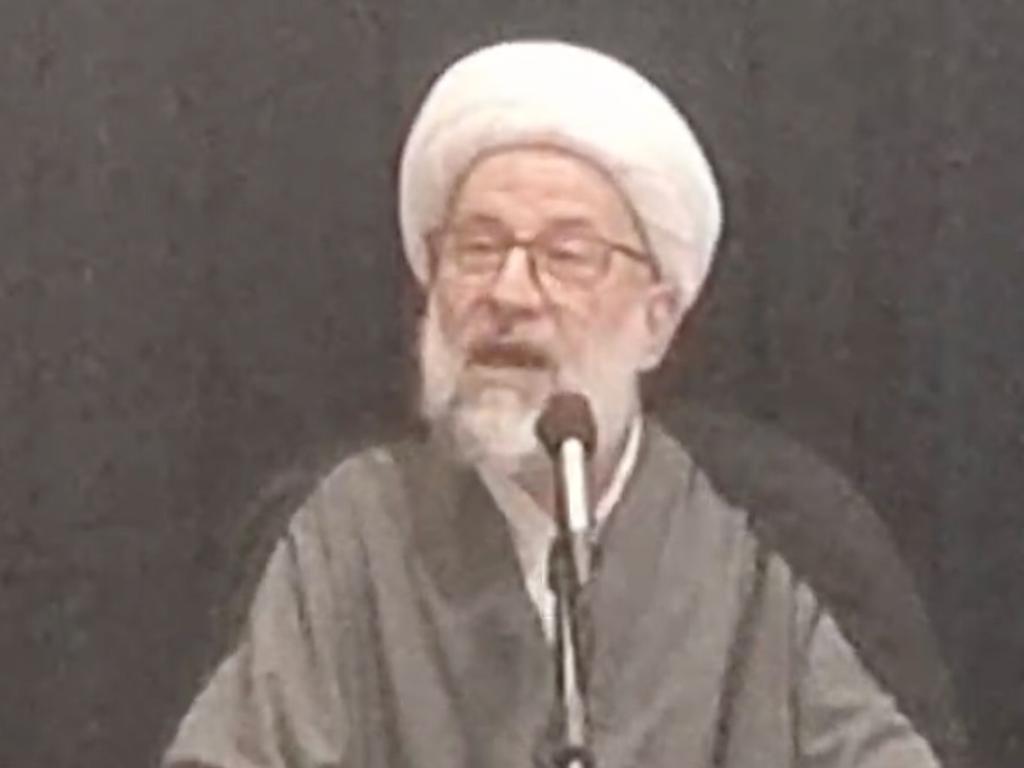
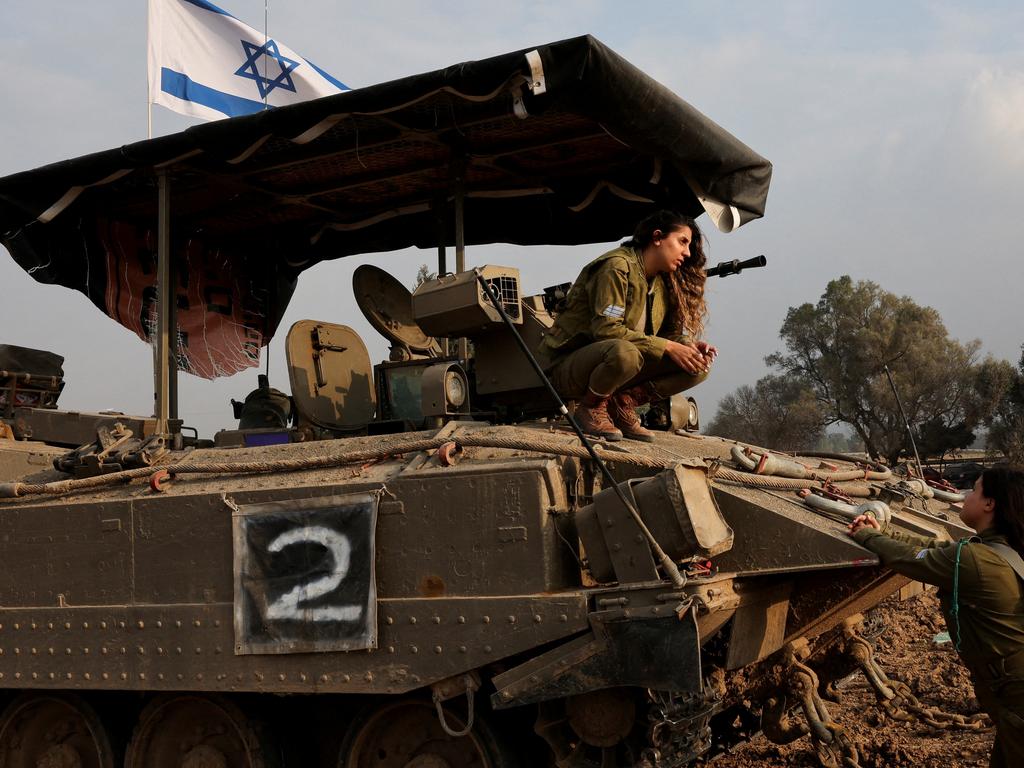
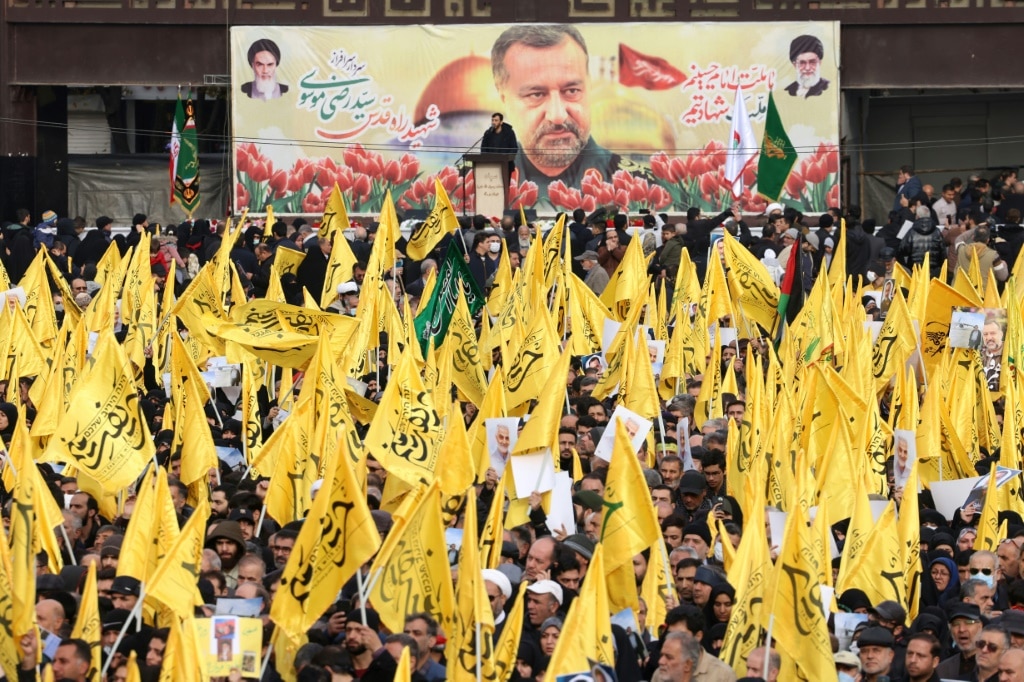
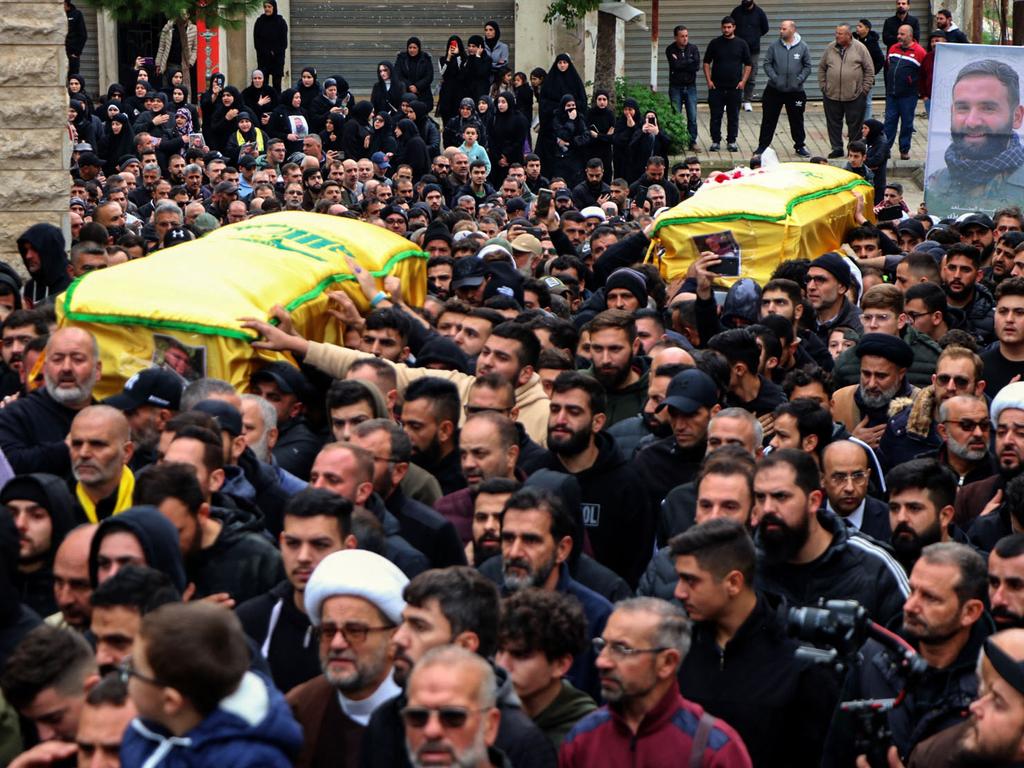


To join the conversation, please log in. Don't have an account? Register
Join the conversation, you are commenting as Logout